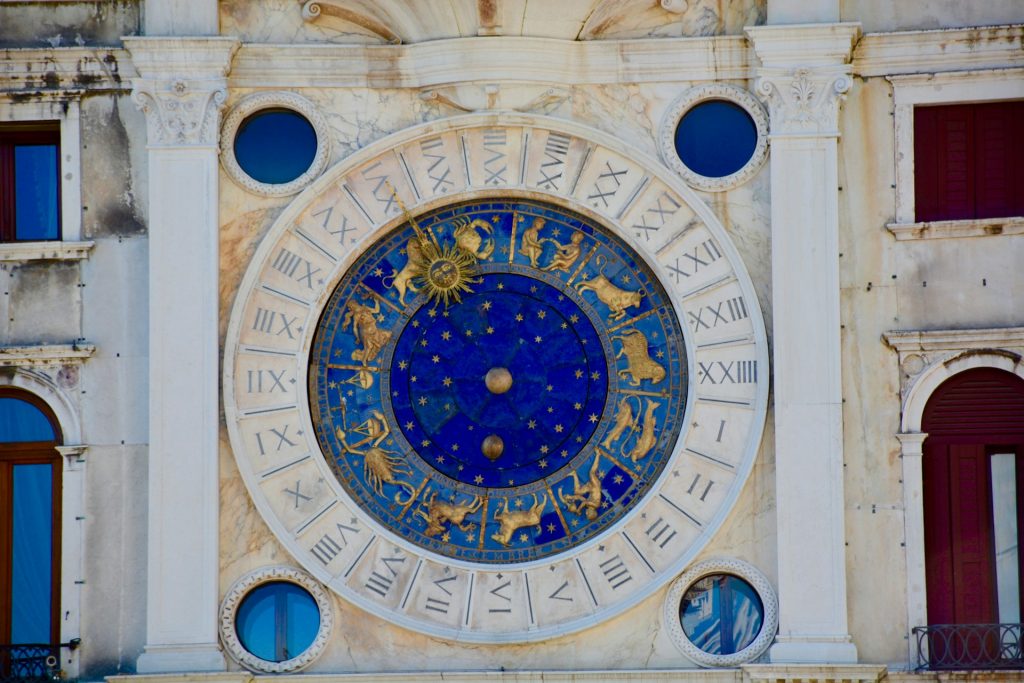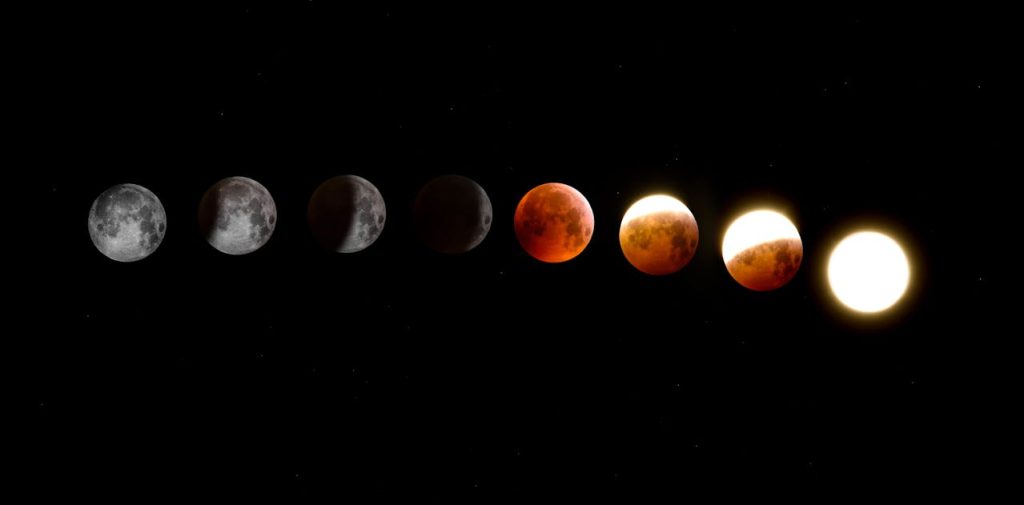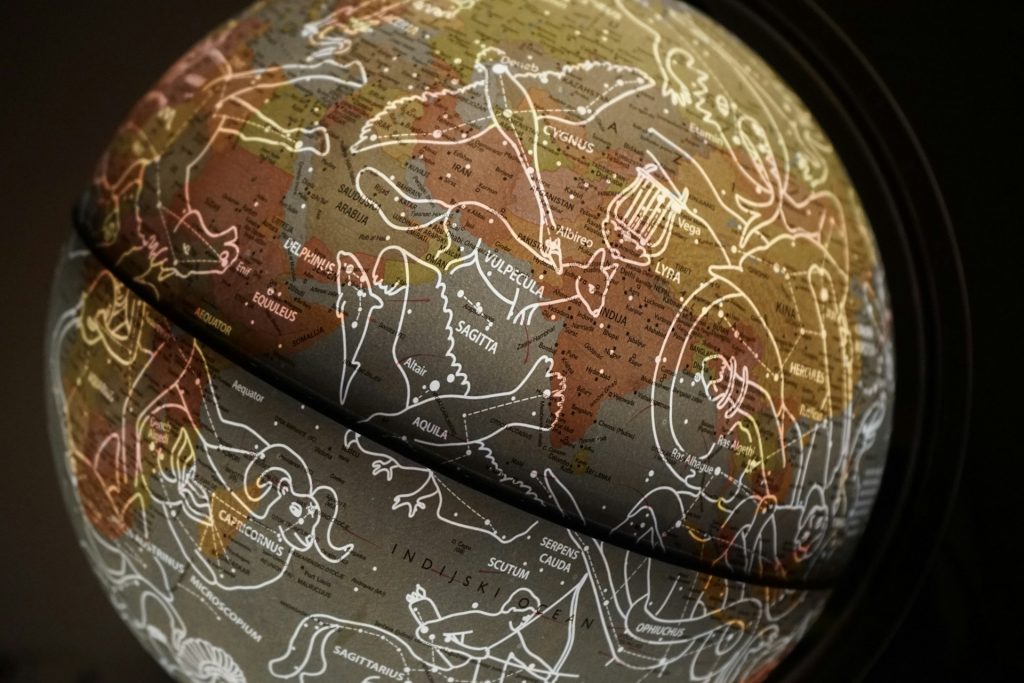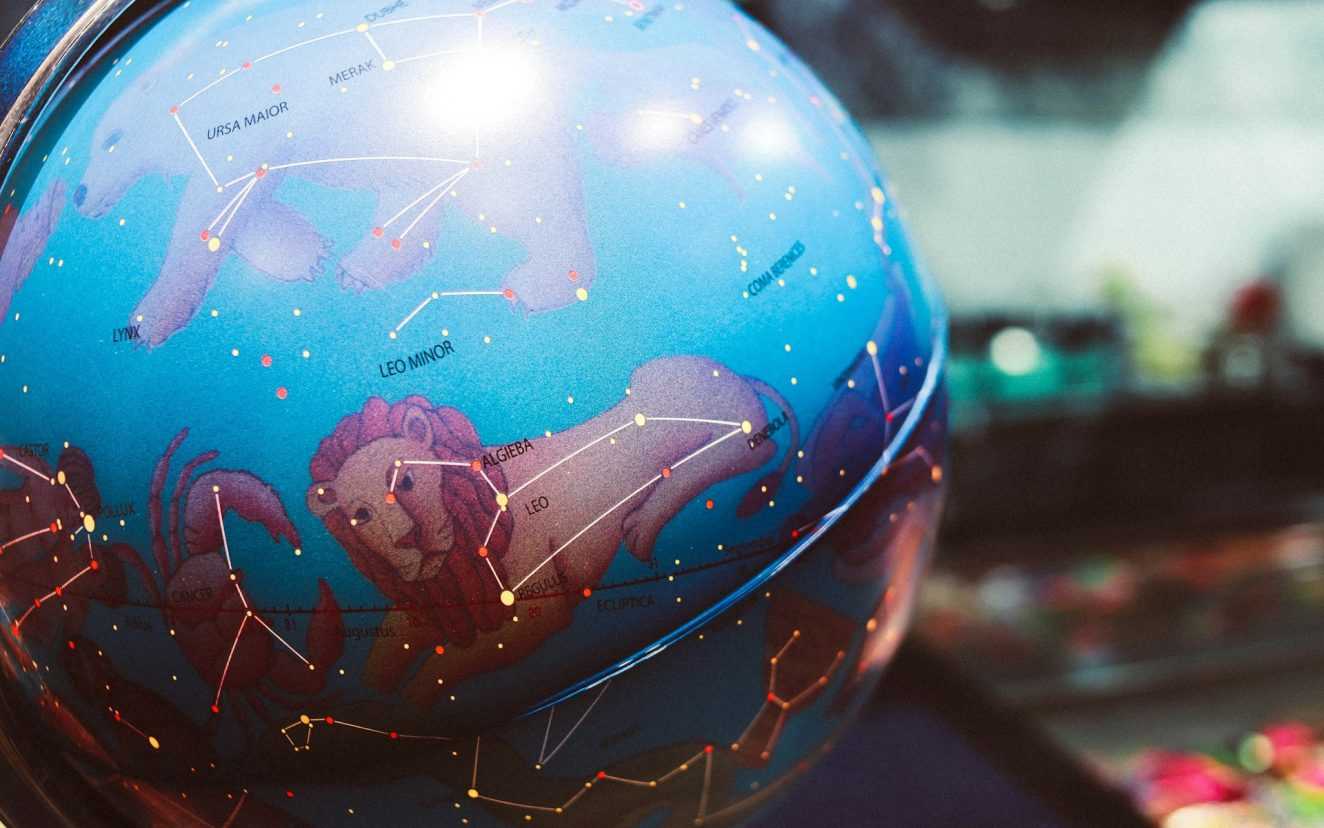Have you ever gazed up at the night sky and wondered if those twinkling stars and the glowing moon have any influence on your daily life? Maybe you’ve read your horoscope and pondered if your star sign truly shapes your personality. For centuries, humans have speculated about the connections between celestial bodies and human behavior. But is there scientific merit to these beliefs, or are they simply whimsical stories woven into the fabric of folklore? Join us on this cosmic journey as we explore the science behind celestial influences and whether they’re rooted in superstition or something more substantial.

The Cosmic Connection
Astrology, the age-old belief that the position of celestial bodies can dictate our fate and personality, traces its origins back to Babylon over 2,000 years ago. Ancient civilizations were fascinated by the stars and planets, believing their movements could reveal secrets about human life. The Greeks adopted these ideas, and astrology spread across the Roman Empire and into the Arab world.
Fast forward to today, and astrology remains deeply woven into modern culture. Millions of people still flip through horoscopes to guide their decisions. This persistence highlights our innate curiosity about the universe and its potential sway over our lives. Whether it’s the alignment of Venus or the waxing of the moon, many of us can’t help but ask, “What does the cosmos have in store for me today?”
Astrology vs. Science
Despite astrology’s popularity, it’s not recognized as a science by the mainstream scientific community. Unlike astronomy, the empirical study of celestial bodies, astrology lacks the rigor of testable hypotheses and reproducibility. Scientific inquiry demands concrete evidence, and unfortunately for astrology enthusiasts, the data simply isn’t there.
One major criticism of astrology is the Barnum Effect (also known as the Forer Effect), which describes our tendency to find personal meaning in vague statements. Think about it: how many times have you read a horoscope that seemed to speak directly to you? These general traits can apply to countless individuals, yet we perceive them as uniquely ours. Astrology cleverly capitalizes on this psychological phenomenon, often delivering blanket statements that resonate with a wide audience.
But wait! Before we dismiss astrology entirely, it’s worth noting that celestial bodies do exert measurable influences on Earth and, by extension, on us.

The Lunar Influence
Let’s talk about the moon, our closest celestial neighbor. It’s well-established that the moon’s gravitational pull affects the tides, but could it also influence human behavior? Some research suggests that the lunar cycle might have a slight impact on our sleep patterns. In a world where sleep is often elusive, this connection is worth investigating.
However, claims linking full moons to wild behavior, increased crime rates, or more hospital visits have largely been debunked by rigorous scientific studies. While the moon’s phases may affect our biological rhythms in subtle ways, there’s no conclusive evidence that it causes erratic behavior. So, the next time your friend blames their mood on the full moon, remind them that science hasn’t backed that theory just yet!
Current Research
While astrology may not stand up to scientific scrutiny, intriguing research is emerging in the field of chronobiology, which studies biological rhythms and their relationships to solar and lunar cycles. Some studies hint at correlations between these cycles and human biology, including sleep, mood disorders, and even fertility.
Yet, we must tread cautiously. Correlation does not imply causation! While certain studies show intriguing links, the underlying mechanisms remain elusive. For instance, artificial lighting can disrupt our biological rhythms, potentially masking any subtle influences from celestial bodies. So, while we may be swayed by the allure of celestial connections, it’s essential to consider other factors at play.
Where Do We Stand?
So, where does that leave us in our exploration of celestial influences? For many, the belief that celestial bodies impact human behavior is seen as a remnant of our historical attempts to comprehend the universe. Astrology offers a rich tapestry of cultural narratives, but it lacks the empirical evidence required to be classified as a science.
However, the study of biological rhythms and their potential ties to celestial cycles is a burgeoning field, reminding us that we are part of a grand cosmic tapestry. While these studies may not support the astrological predictions of individual personalities, they do encourage us to marvel at the interconnectedness of life.
In conclusion, while the stars and planets may not dictate our destinies, they do remind us of our place in the universe. Our behavior is best understood through psychology, biology, and sociology rather than astrological charts. So, the next time you find yourself contemplating the influence of celestial bodies, remember that our human experience is shaped more by our environment, relationships, and choices than by the alignment of the stars.

Embrace the Mystique!
Whether you’re a staunch skeptic or a devoted astrology follower, it’s impossible to deny the fascination that celestial bodies hold over us. So, keep looking up at the night sky with wonder! Embrace the beauty of the cosmos, and let it inspire you to explore the mysteries of life, whether through the lens of science or the allure of superstition. After all, we’re all just stardust, dancing in this vast universe together!





